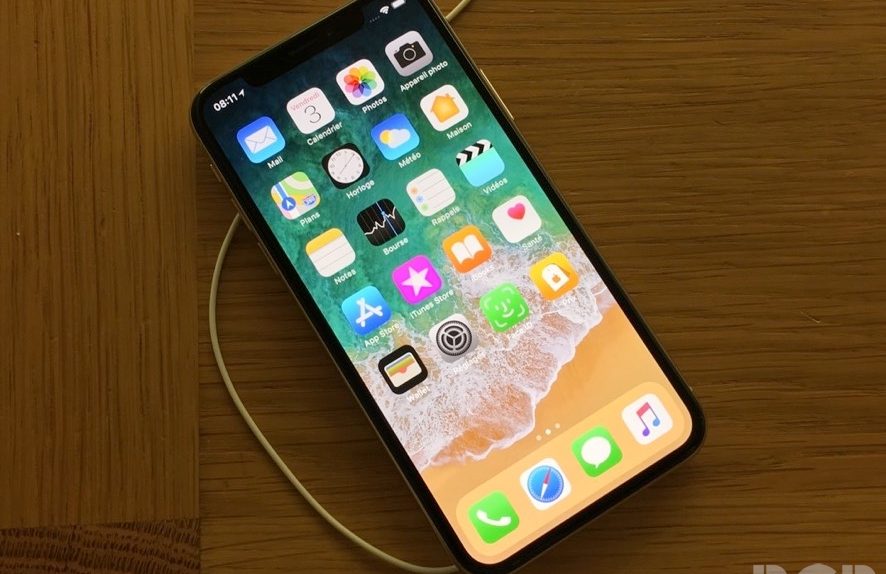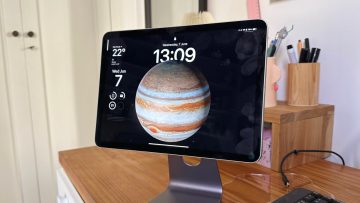In the weeks leading up to the iPhone X release, analysts were busy grappling with all sorts of questions. Would the device’s $1,000 price point deter potential buyers? Was it possible that the controversial notch design and the removal of Touch ID might give interested buyers pause before reaching for their wallet? Both questions are certainly valid, but it’s now abundantly clear that the answer to both is a resounding and emphatic no.
Demand for the iPhone X has been staggering, to say the least. In a telling sign, the iPhone X launch saw enormous lines of buyers queue up outside of Apple retail stores around the world, something we haven’t really seen for quite some time. Underscoring the immense popularity of the iPhone X, AT&T executive John Donovan told CNBC that iPhone X sales have been strong.
Even more impressive, though, is that the iPhone X is perhaps the most highly anticipated iPhone model in history, a telling remark given the immense popularity of Apple’s iPhone 6 lineup back in 2014.
“All the signs are that customers love it,” Donovan said. “It’s probably the most highly-anticipated version… and demand has been strong. So we’re pleased.”
Looking ahead, it’s easy to see why many analysts believe the iPhone X will help Apple sell a record number of iPhones in 2018. According to Morgan Stanley analysts, for example, Apple in 2018 could sell upwards of 262 million iPhones, easily besting the current record of 231 million units which Apple set in 2015 on the back of the iPhone 6.
With iPhone demand soaring, Apple’s stock price has increased steadily alongside it. Apple shares closed out the trading day on Monday at $174.25, representing a new all-time closing high. All the while, the iPhone X is contributing nicely to Apple’s bottom line, with each sale netting Apple a profit of at least $640.








